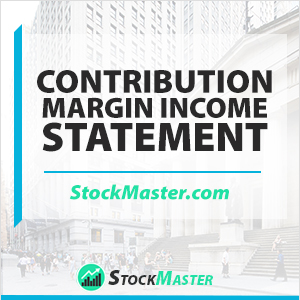What is Economic Entity Assumption? Definition: The economic entity assumption is an accounting principle that states businesses should be treated as separate economic entities from other companies as well as their owners. Across the globe, millions of entrepreneurs run great businesses that deal in all manner of activities. These entrepreneurs need to pay taxes and,
Category: Accounting
Deferred Expense
What is a Deferred Expense? Definition: Deferred expense is an accounting term that denotes payments made for goods and services whose consumption would happen in future. Such charges occur when a company or a person pays for items in advance, awaiting delivery or consumption later. Consequently, deferred expenses results in an accounting entry dubbed prepaid
Deferral
What is a Deferral? Definition: Deferral is a term used in accounting to indicate the postponement of either revenues or expense payments in a given financial period. In general, a deferral is a prepaid revenue or expense that will reflect in the company books on a future date. Understanding Deferral In Accounting In accounting, deferral
Depreciation Schedule
What is a Depreciation Schedule? Definition: A depreciation schedule is a chart that records the loss in value of a business’ assets for the whole period that the assets are useful in the operations of the business. This tool enables business owners to keep track of the value of their long-term assets. Additionally, the depreciation
Cost Of Goods Available For Sale
What is Cost Of Goods Available For Sale? Definition: Costs of goods available for sale are a financial metric that indicates the total value of goods that a company or business can sell over a given period. Similarly, it is the value of inventory available for sale to consumers but yet to be sold. In
Contribution Margin Income Statement
What is the Contribution Margin Income Statement? Definition: A contribution margin income statement is applicable when calculating the variable expenses of a company, which, more often than not, originate from sales. Thus, it becomes an income statement showcasing net profit or net loss for the period and must be in line with a certain status
Conversion Cost
What is a Conversion Cost? Definition: Conversion costs are any expenses or outlays of cash that was used to transform a raw material into a finished good. In the world of business, the use of direct labor and factory overhead costs is very common. It is what is primarily referred to as conversion costs. It
Contributed Capital
What is Contributed Capital? Definition: Contributed capital is the total amount of funds that a company receives from its investors; part is recorded as par value stock while the other part is recorded as Paid In Capital. Have you ever wondered how do investors retain their shareholding or ownership as company partners? It is through
Budgeted Balance Sheet
What is the Budgeted Balance Sheet? Definition: A budgeted balance sheet is a financial accounting statement that shows the expected value of assets, liabilities as well as equity over a given period. In other words, the statement tries to show where all accounts in a business or a company will be after a given accounting
Cash Budget
What Is Cash Budget? Definition: A cash budget is a record potential cash inflows and outflows for a period, so management can predict future cash flow needs. Every project or business must use a cash project, which serves as one of the primary determinants for success. The cash budget offers an evaluation of cash inflows










